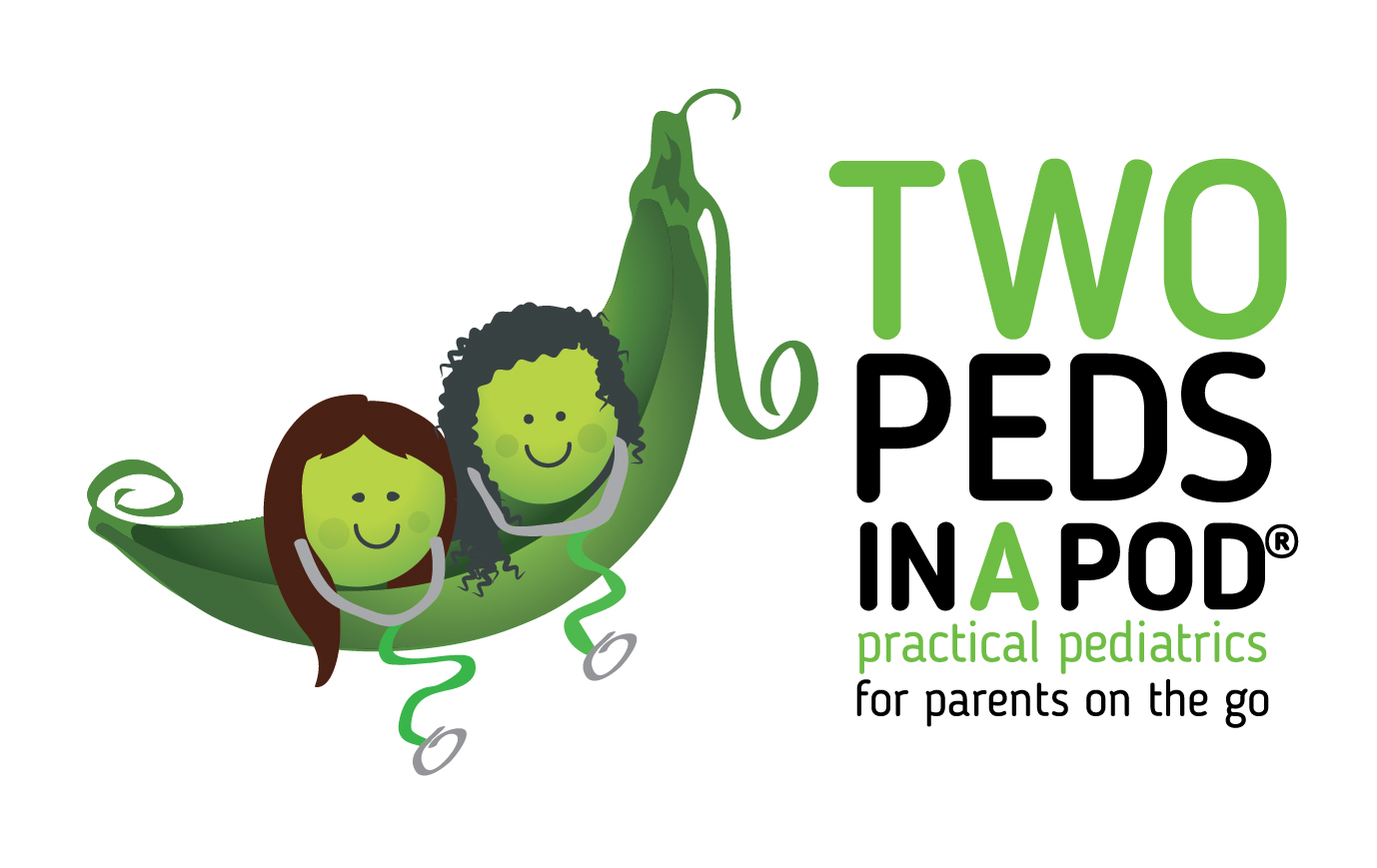Acetaminophen, brand name Tylenol, has been in the news recently, and parents are asking me if it is safe.
This medication, used as a pain reliever and as a fever reducer, is safe to give to babies older than two months, but you must be very careful about the dose that you give. Medicine doses are based on the weight, not the age, of a child. So when checking the label on the bottle that tells how much acetaminophen to give, look at the weight recommendations if there is a discrepancy between your child’s weight and age. If you are not sure, then ask your child’s health care provider. I cannot stress proper dosing enough because of how dangerous an overdose can be.
Here are some facts you need to know in order to avoid over-dosing your child with Tylenol:
1) Always measure the medicine in the dropper or cup provided by the manufacturer of that particular medicine bottle.
2) Be aware that Tylenol infant drops are more concentrated than the children’s suspension liquid. This means that if you were to pour out equal amounts of infant drops and children’s suspension, the amount of drug is actually HIGHER in the measurement of infant drops than in the same measurement of children’s suspension. For example, one full infant dropper of Infant Tylenol Drops, measured to the 0.8ml line of the dropper, is 80mg of Tylenol. The same 0.8ml of Children’s Tylenol Suspension Liquid is only 25mg.
Another way to look at this medicine math: if you intended to give 80mg = 2.5ml = 1/2 teaspoon of Children’s Tylenol Suspension Liquid but you actually gave your child 2.5ml = ½ teaspoon of Infant Tylenol instead of Children’s Tylenol, you would be giving them over 240 mg of Tylenol, which is THREE TIMES the amount that you wanted to give. Again, use the dropper provided to give Infant Tylenol drops and use the cup provided when dosing the Children’s Tylenol Suspension Liquid.
3) Note that other medications have acetaminophen (Tylenol) in them. I advise my patients’ parents to avoid combination cold and flu medicines for two reasons. First, there is little evidence that shows that they actually provide symptom relief. Second, from a safety perspective, parents can accidentally overdose their child with acetaminophen because many contain acetaminophen in them. For example, as of this writing, the following medications all contain acetaminophen as stated in the ingredient list:
Benadryl Allergy and Cold Tablets, Sudafed PE nighttime Cold Maximum Strength Tablets, Theraflu Nighttime Severe Cold and Cough Powder, Tylenol Plus Children’s Cold and Allergy Suspension, Tylenol Sore throat Nighttime liquid, Tylenol Chest Congestion Liquid, and Nyquil.
4) Be aware that “APAP” in the ingredient list means acetaminophen.
Tylenol overdoses can be fatal by causing liver failure. If your child has a chronic liver disease, it is likely that she should avoid Tylenol altogether.
Because of the risk of overdose, I also avoid advising my patients to “alternate Tylenol (acetaminophen) with Motrin (ibuprofen).” I discourage this practice because I am afraid of parents forgetting which medicine they gave last and possibly over-dosing by mistake. Tylenol is meant to be dosed every 4 to 6 hours unless otherwise specified on the label or by your child’s health care provider.
If you ever have questions about possible overdose, call the national US Poison Control Center at 1-800-222-1222.
Julie Kardos, MD
©2009 Two Peds in a Pod
Addendum 10/11/2011: The manufacturers of Tylenol (acetaminophen) responded to the hazard of parents and caregivers accidentally giving the wrong dose of infant drops ( see point #2 above) and stopped making the “concentrated infant drops.” Instead, they now manufacture the “infant drops” and “children’s liquid” using the same concentration as each other. Continue to use the measuring dropper or cup provided with the medication for proper measuring.



